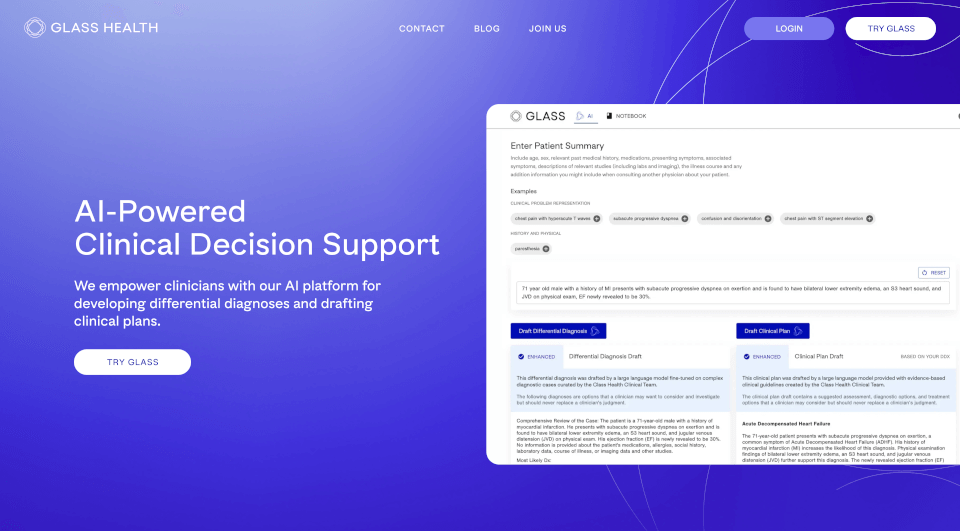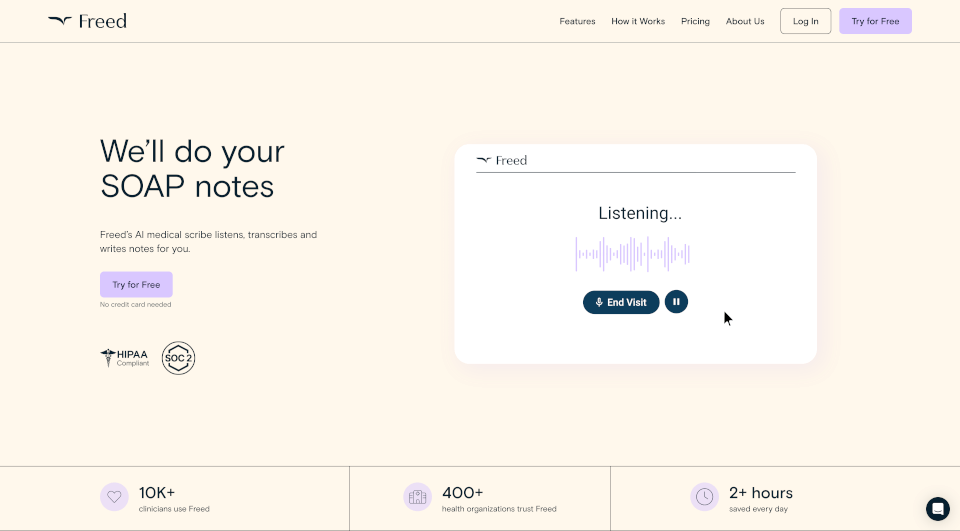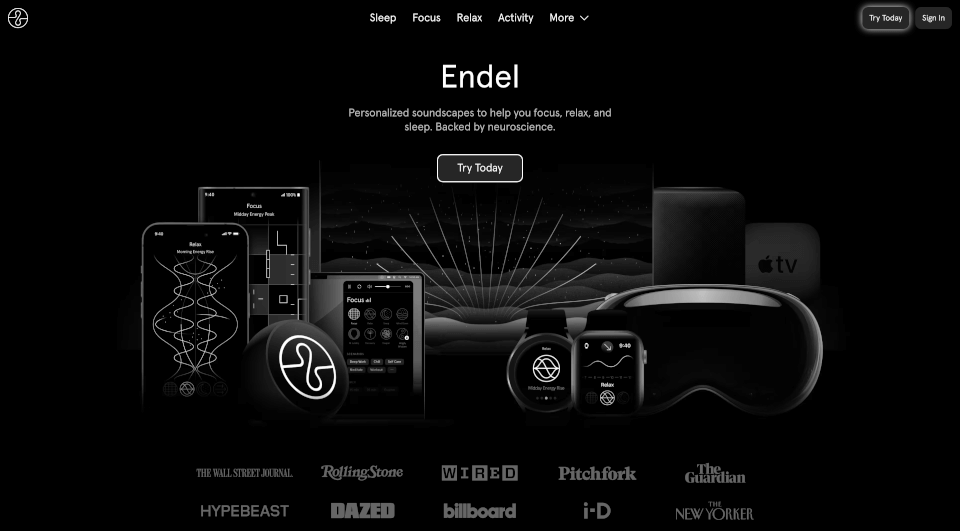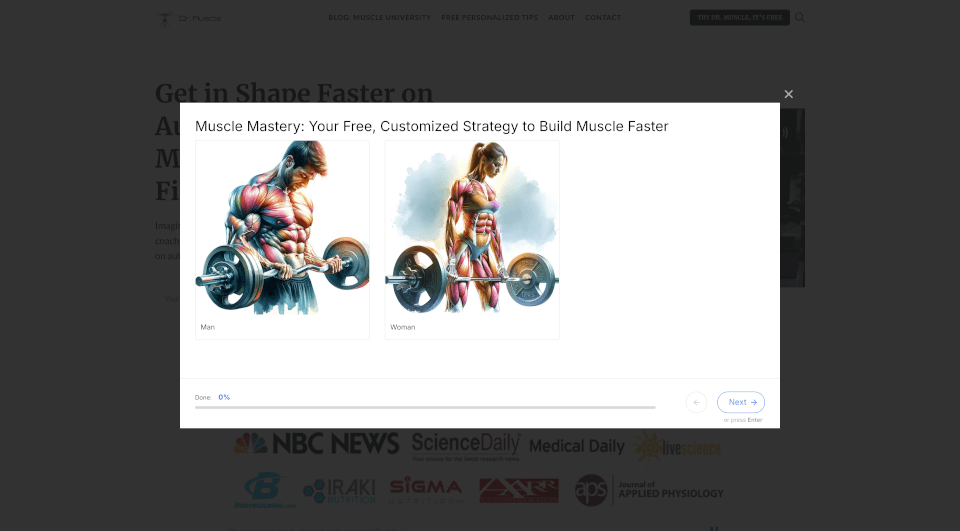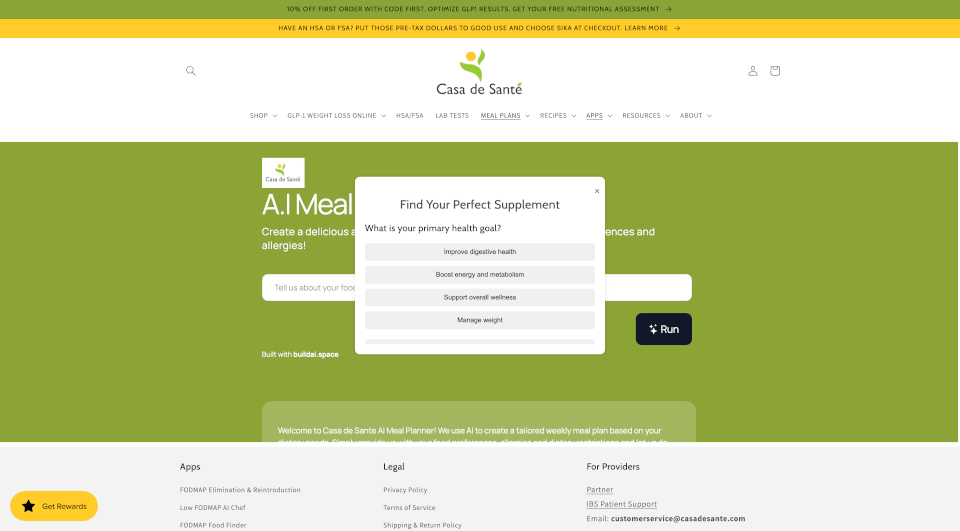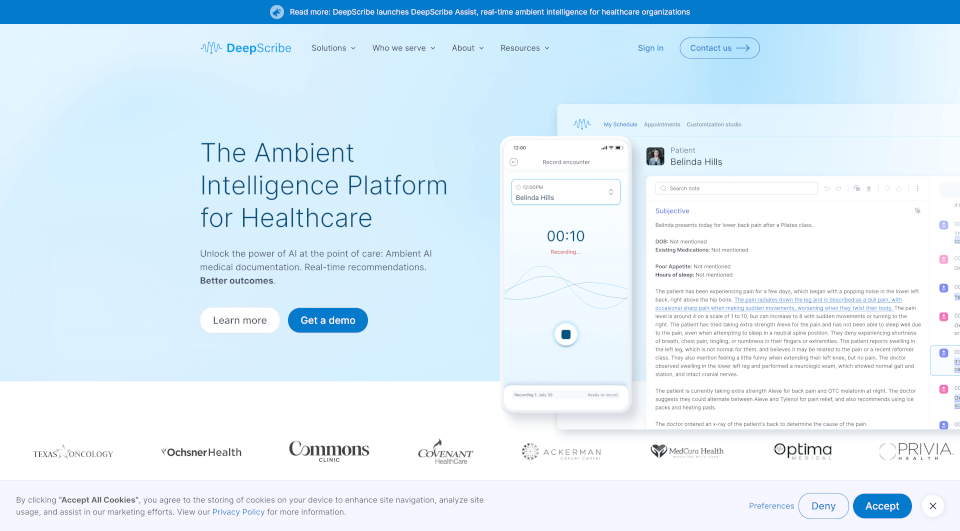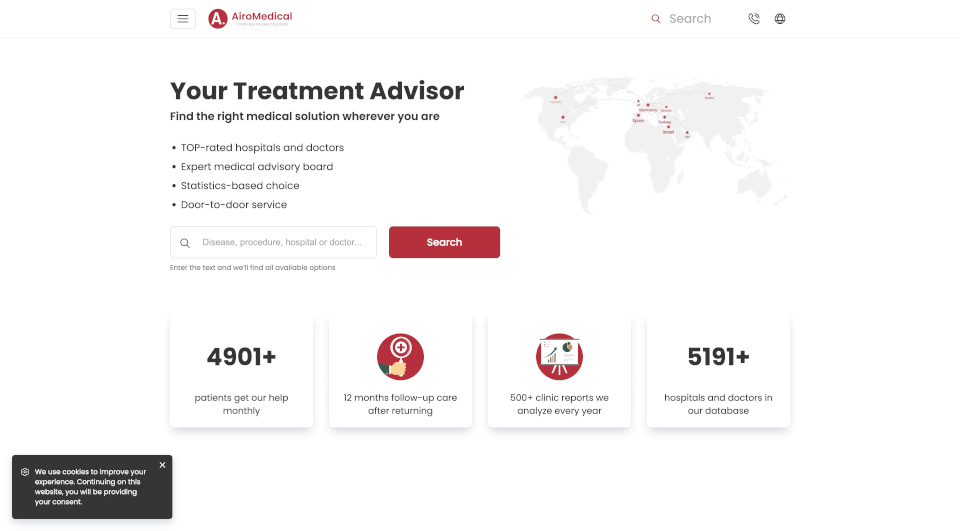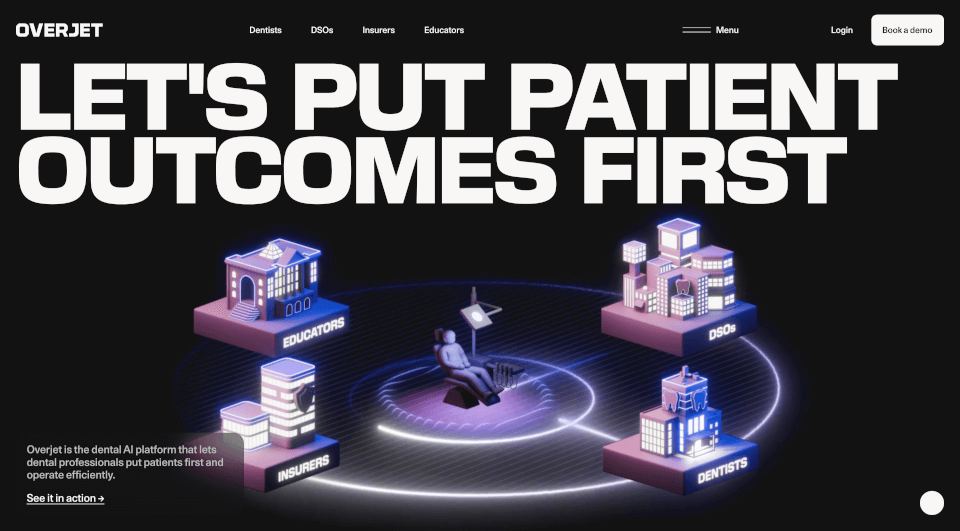What is glass.health?
Glass is an innovative AI-powered clinical decision support platform designed to enhance the practice of medicine by empowering clinicians. By leveraging cutting-edge artificial intelligence, Glass assists healthcare providers in developing accurate differential diagnoses and drafting clinical plans that are evidence-based and tailored to complex patient presentations. This technology not only streamlines the clinical workflow but also supports better patient outcomes through the use of advanced analytics and peer-reviewed guidelines.
What are the features of glass.health?
- Enhanced Differential Diagnosis: Glass analyzes detailed patient summaries and suggests potential diagnoses that healthcare professionals may consider. This feature enables doctors to explore various possibilities, ensuring a comprehensive approach to patient care.
- Rapid Clinical Plan Drafting: Within seconds, Glass generates an initial draft of clinical plans based on the patient's unique presentation. This includes outlining evidence-supported diagnostic and treatment steps, facilitating faster clinical decision-making.
- Integration of Evidence-Based Guidelines: The platform combines a powerful large language model with clinical guidelines written and maintained by experienced physicians. This integration ensures that all recommendations are not only up-to-date but also aligned with best practices in medicine.
- User-Friendly Interface: Glass is designed with an intuitive interface that allows for seamless interaction, making it easy for clinicians to navigate and utilize its features effectively.
- Continuous Learning Mechanism: As Glass is used, it learns from new inputs and clinical scenarios, improving its responses and suggestions over time, thus enhancing its accuracy and relevance.
What are the characteristics of glass.health?
- AI-Powered Technology: At the core of Glass is a sophisticated AI model that processes vast amounts of medical data and research to present relevant information and recommendations at the point of care.
- Comprehensive Database: Glass is equipped with a robust database of peer-reviewed clinical guidelines, ensuring that healthcare providers have access to the most reliable information available.
- Patient-Centric Design: The platform focuses on the needs of both clinicians and patients, providing tools that improve the quality of care without compromising the human element of medical practice.
- Safety and Ethics Commitment: Glass prioritizes the safe and ethical use of AI in healthcare, striving to maintain trust among clinicians and patients alike.
What are the use cases of glass.health?
- Emergency Medicine: In fast-paced environments where quick decision-making is vital, Glass can assist clinicians by swiftly suggesting potential diagnoses and clinical plans, enhancing the quality of emergency care.
- Primary Care: Family practitioners can utilize Glass to evaluate complex cases that require a thorough differential diagnosis and personalized care plans, ultimately improving overall patient management.
- Specialized Fields: Specialists can benefit from Glass's capability to handle intricate patient presentations that may involve multiple overlapping conditions, streamlining their diagnostic processes.
- Teaching Hospitals: Medical educators can use Glass as a resource in training the next generation of healthcare providers, showcasing real-time decision-making support and evidence-based practices during training sessions.
- Telehealth Services: In a rapidly growing field, Glass enhances virtual consultations by providing clinicians with the tools necessary to deliver quality care remotely, ensuring patients receive accurate assessments regardless of their location.
How to use glass.health?
- Sign Up: Begin by creating an account on the Glass platform. This step usually requires basic information and verification.
- Complete Patient Summary: Input the relevant details of your patient's medical history, symptoms, and any other pertinent information into Glass.
- Generate Differential Diagnosis: Utilize Glass's differential diagnosis feature to receive a comprehensive list of possible conditions based on the inputted data.
- Draft Clinical Plan: Review the generated suggestions for assessment and treatment plans, and edit as necessary to tailor them to your patient's specific needs.
- Review Guidelines: Access linked clinical guidelines to ensure your drafted plan aligns with current best practices.
- Save and Share Findings: Save the generated plans and findings within Glass for future reference or share them with other healthcare providers involved in the patient’s care.
